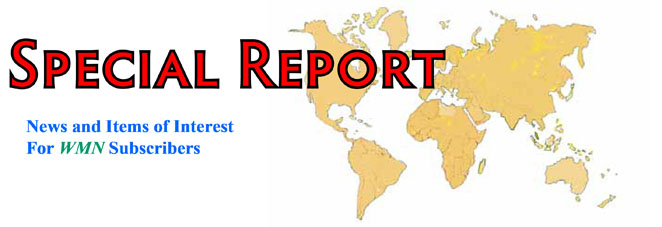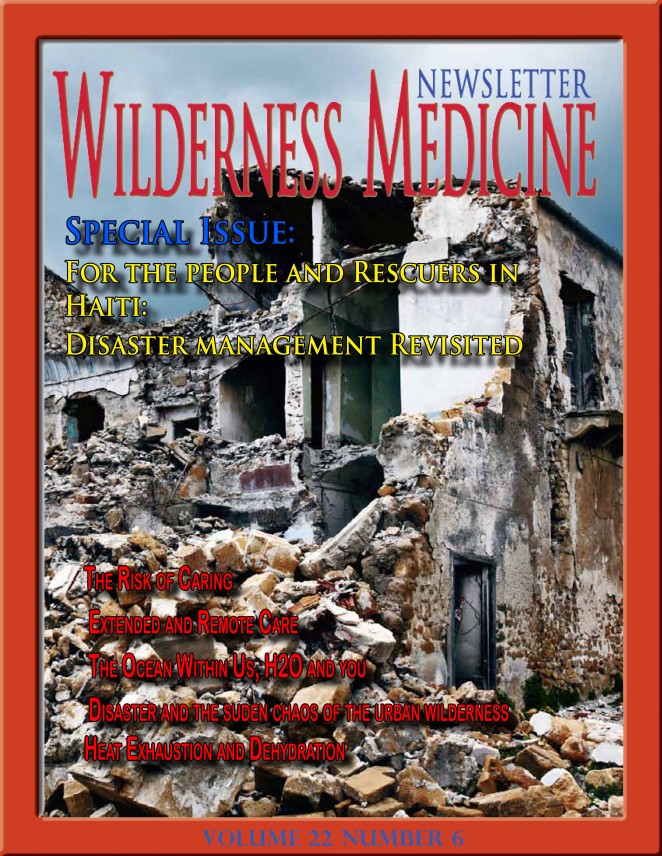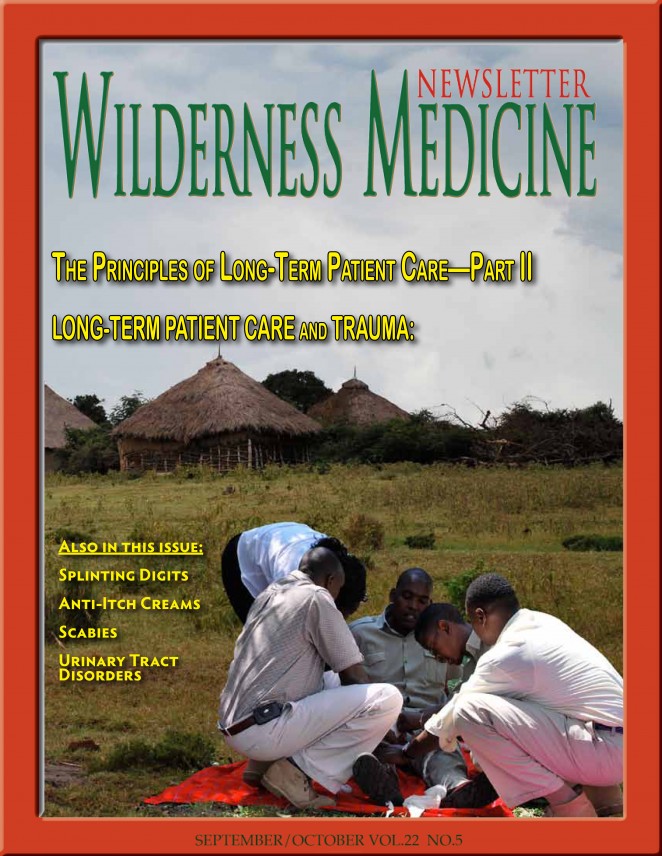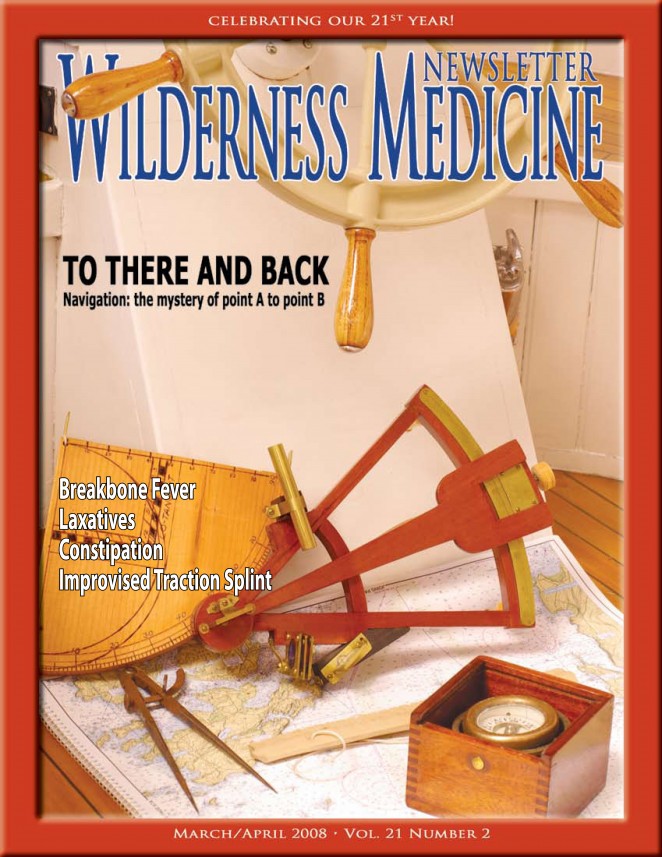Geo Medic Course

November/December 2010 ISSN-1059-6518 Volume 23 Number 6
GEO MEDIC ™
Extended Care Emergency Medicine and Remote Medicine
for Missionary, Disaster, and Relief Medical Personnel
February 2 – 11, 2011
The world of emergency medicine is designed around the Golden Hour. This is the one hour that it takes for response, extrication, treatment, and transport of an ill or injured patient to a nearby definitive care facility. Most emergency medical training focuses on these principles of rapid assessment and treatment. But, what happens when the emergency care extends beyond this Golden Hour, into the arena of extended care, or even longer, into remote care?



